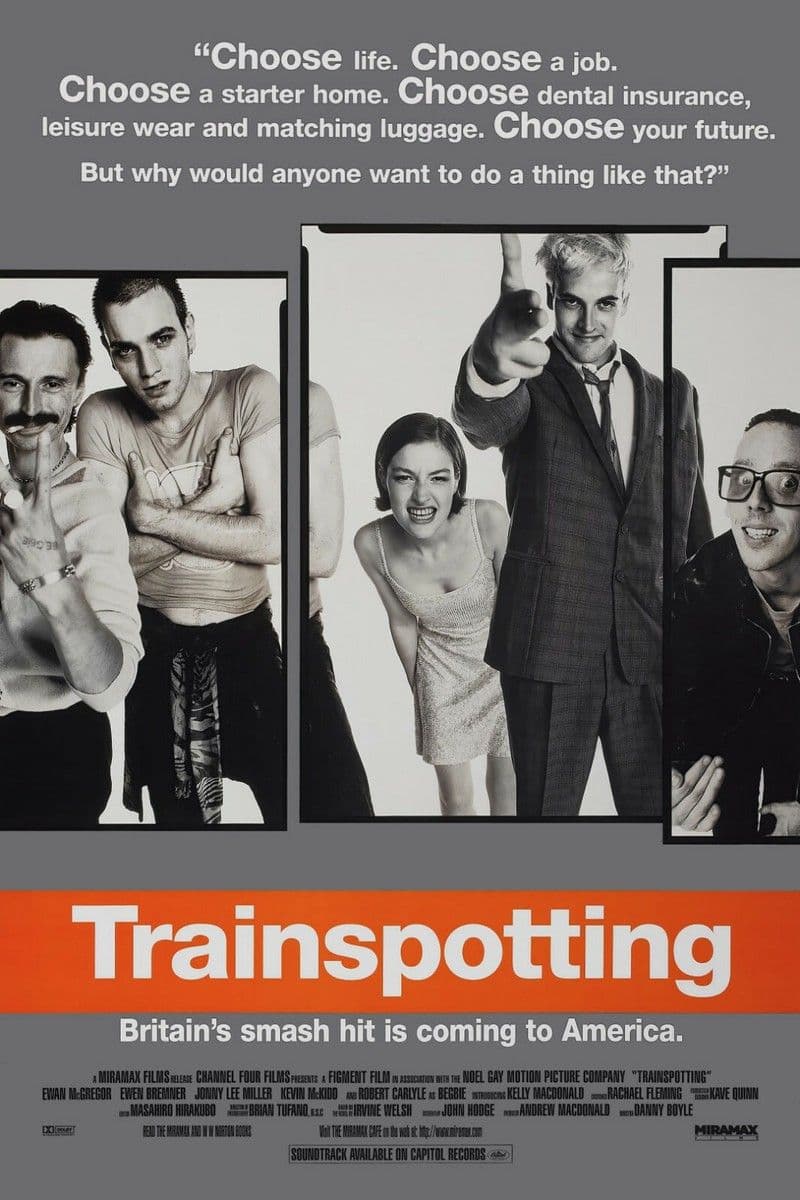
Trainspotting
1995
Rate this movie
Average: 4.00 / 5
(1 votes)
Director
An irreverent look into the underbelly of the British underground where young lads, bullies, and pushers fatally cross paths. It is a descent into the inferno of post-Thatcherite Britain, plagued by endemic unemployment and a generational disillusionment that expressed itself as much in the rave scene as in murkier self-destruction. The film, from its iconic opening sequence, with that "Choose Life" monologue set to the beat of Iggy Pop, reveals itself as a searing and nihilistic manifesto, a counter-proposal to bourgeois conformism that offers no solutions, but only a brutal, honest, and at times hilarious, depiction of rejection.
Focus on Mark Renton, a young heroin addict from Edinburgh, and his desperate attempts to kick his white powder addiction. Renton, played by Ewan McGregor in his most iconic role, is not the stereotypical junkie: he is intelligent, sharp, almost a pub philosopher, whose narration guides us through the paradoxes and miseries of his existence. His addiction is not just a vice, but an existential condition, a deadly embrace with oblivion that, paradoxically, makes him more lucid about the void surrounding him. His journey is a dance between the yearning for redemption and the almost irresistible pull of self-destruction, an endeavor that proves less a moral choice and more a physical, chemical, existential battle.
His family and friends are also more or less involved in this impossible endeavor. These are not just blood ties, but a co-dependency that transcends conventions, an unspoken pact of solidarity in their downfall. Renton's detoxification attempts are never solitary; they are always a reflection of his inability to escape an environment, a web of toxic and symbiotic relationships that constantly pull him back, almost as if to demonstrate the inevitability of collective fate.
Mark's company is a veritable 'Court of Miracles' of wrecks, drifters, and screwballs of all kinds. A pantheon of subculture archetypes, each with their singular aberration that, when highlighted, creates a grotesque and melancholic fresco. It is a perverse ecosystem of friendship, betrayal, and survival, where the bond is forged not by loyalty, but by the sharing of the same, inevitable, fall.
Sick Boy, a deluded and bleached-blond young man who loves beer and philosophical monologues, is the group's intellectual nihilist, obsessed with James Bond theories and incapable of genuine action, a pop-culture relic embodying the intellectual laziness of a generation. Begbie, irascible and violent, who throws glasses in pubs to engineer a fight, is the most terrifying of the group, a primal and unleashed force who needs no drugs because his very existence is an addiction to blind fury, a constant reminder of the brutality beneath the fragile veneer of civilization. Tommy, who always tells the truth and tries to stay clean, is the moral compass destined for martyrdom, the innocent sacrificed on the altar of dissoluteness, making the human cost of addiction palpable, a tragic fate serving as a macabre premonition. And Spud, who despite all his flaws, is a shelter in the storm, the innocent and naive child whose vulnerability and surprising resilience offer a glimmer of hope and humor in the darkest of abysses, the group's battered but still beating heart. These characters, masterfully transposed from Irvine Welsh's raw and vibrant prose, acquire an almost mythological three-dimensionality, embodying the different facets of despair and rebellion.
Memorable are the scenes of the excrement-filled sheets and the polished presentation of Scotland's dirtiest toilet. These are not just shock scenes, but bold aesthetic statements. The toilet sequence, in particular, is a masterpiece of grotesque surrealism: Renton literally dives into the filth to retrieve his opium suppositories, a plunge into personal hell that becomes almost a rite of passage, an immersion in the squalor that is both a metaphor for his condition and a stylistic statement of intent. These are moments that challenge the viewer, dragging them into a territory of repulsion and fascination, where disgust is elevated to an art form.
Danny Boyle crafts a cross-section of the Scottish underground, with remarkable technical innovations inspired by pop art and comics and devising narrative resources of notable quality. His style is frantic, hyper-energetic, almost a jolt of visual adrenaline that emulates the drug's effect on the senses. The use of saturated colors, distorted wide angles, dynamic camera movements, freeze-frames, and low-angle shots – often associated with the cinema of Guy Ritchie or Quentin Tarantino, but here with its own specific, biting vitality – creates an almost visceral immersion. The soundtrack, an explosive blend of punk, Britpop, and electronic music (Iggy Pop, Lou Reed, Blur, Underworld), is not mere accompaniment, but a character in itself, a narrative engine that dictates the dizzying pace of the story and perfectly encapsulates the spirit of the '90s. The combination of fragmented first-person narration, with Renton's voice-over alternating cynicism and searing insights, and an almost music-video-like editing, makes the film a totalizing sensory experience, a punch to the gut and a caress to the soul.
Ramshackle and freewheeling are the characters who drag the story into a mire of sordidness and hedonistic lust. There is no moralism in Boyle's narrative; the filth and addiction are not only horrible, but at times even inviting, even entertaining. It is this contradiction, this "hedonistic lust" at the heart of degradation, that makes Trainspotting so powerful and enduring. The film does not judge, but rather shows, in all its raw and disarming truth, the ambivalence of a life lived on the edge, the allure of the precipice, and the difficult, often failing, push upwards.
Underlying humor, irony, and despair. It is Boyle's ability to balance the most slapstick comedic register with moments of profound tragedy and drama, to move from uproarious laughter to a shiver of horror, that elevates Trainspotting far beyond a mere drug film. It is an acidic and unfiltered generational portrait, a work that defined an era and continues to resonate for its brutal authenticity and pioneering visual style. A modern classic that, with its inverted "Choose Life," immortalized the disillusioned yet intensely vital cry of a generation adrift.
Country
Gallery


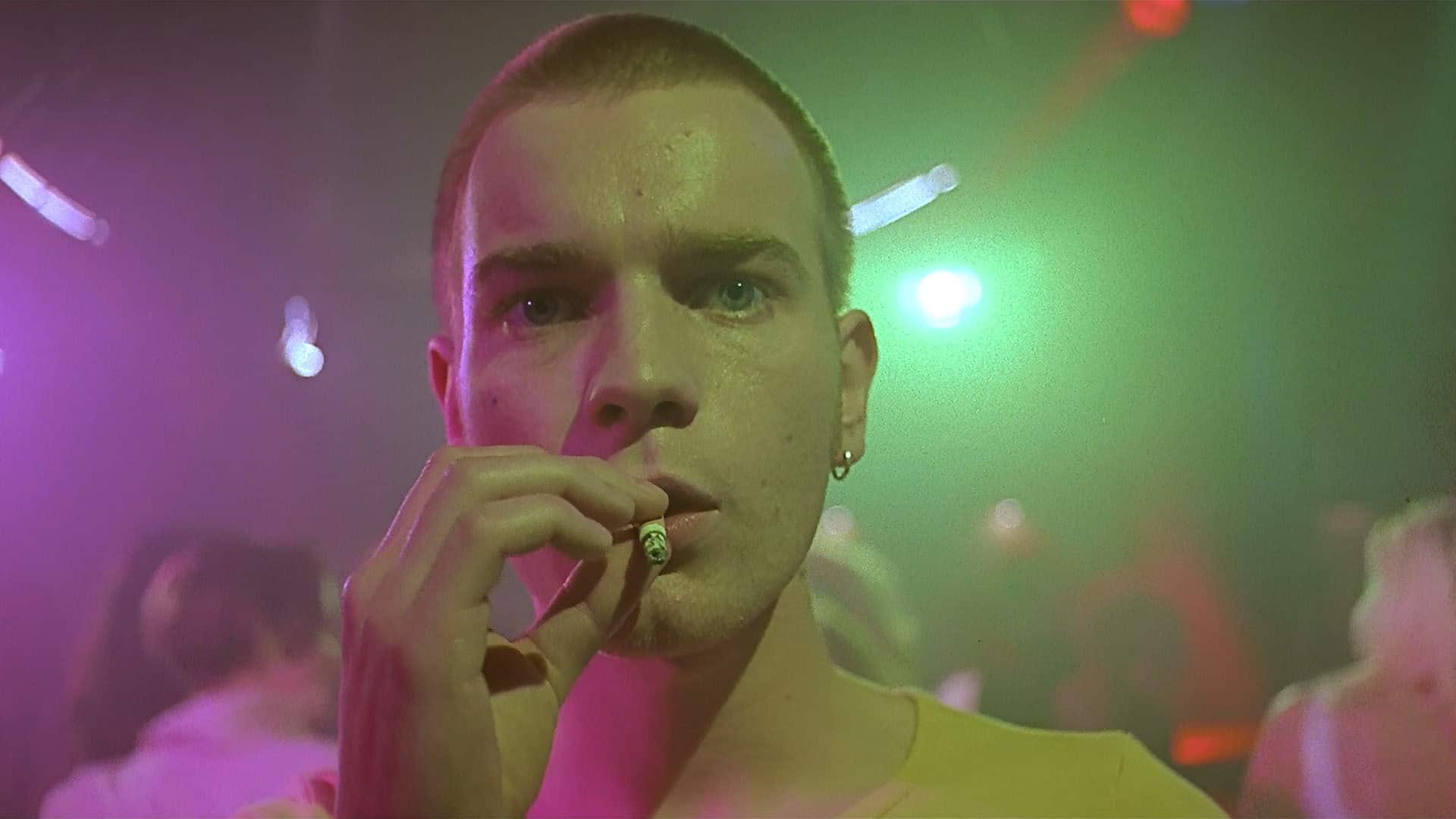
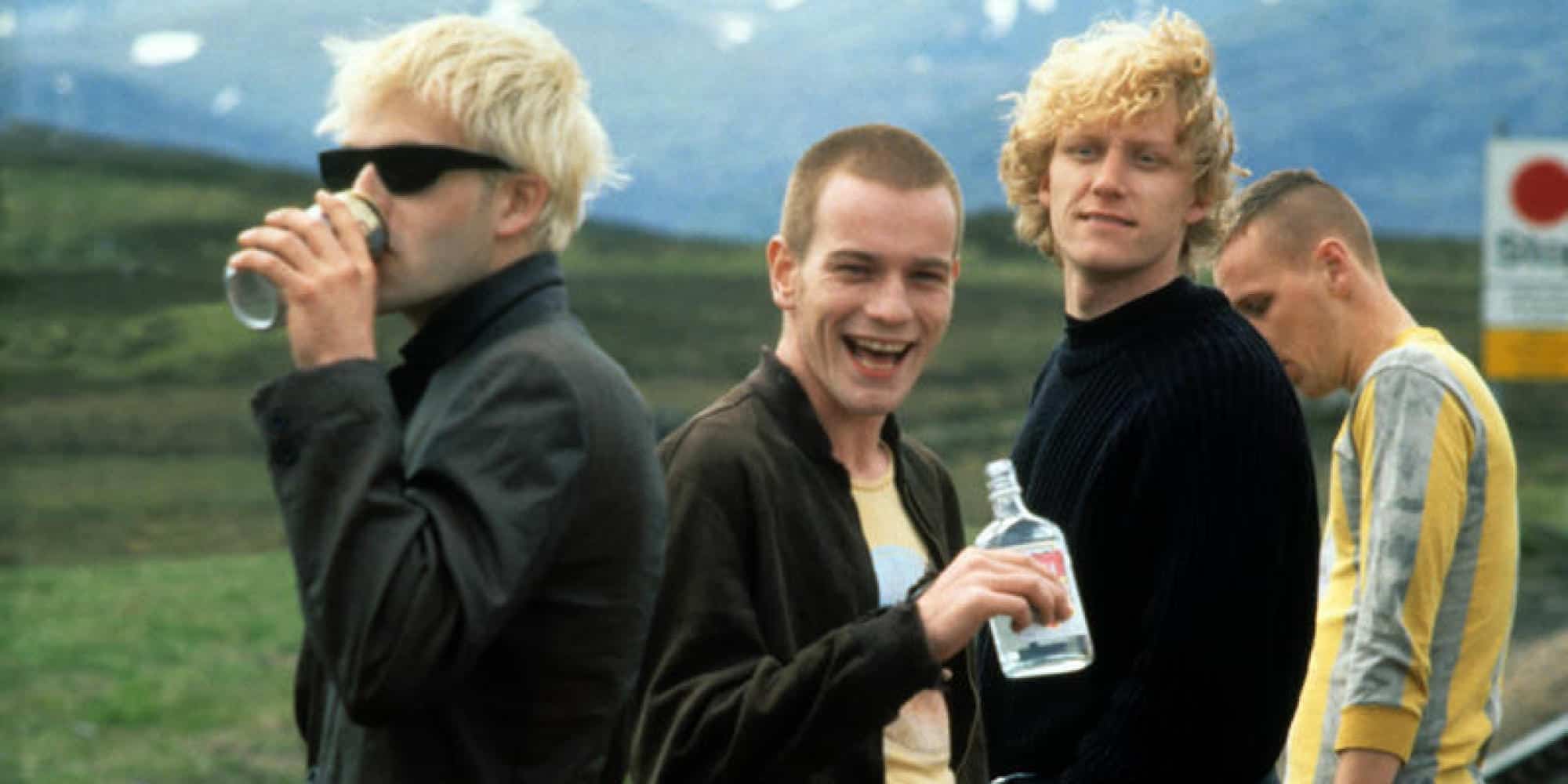
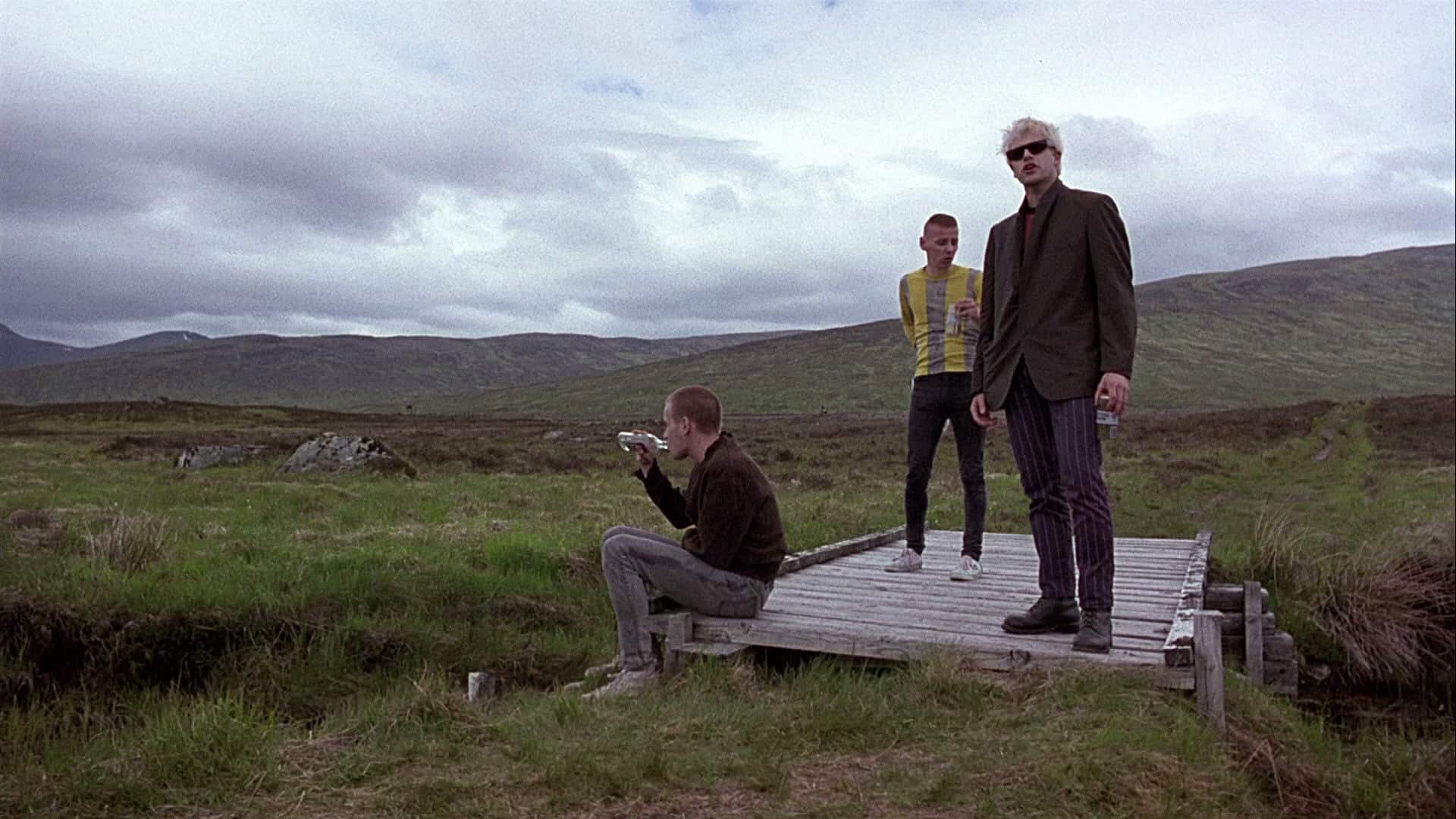
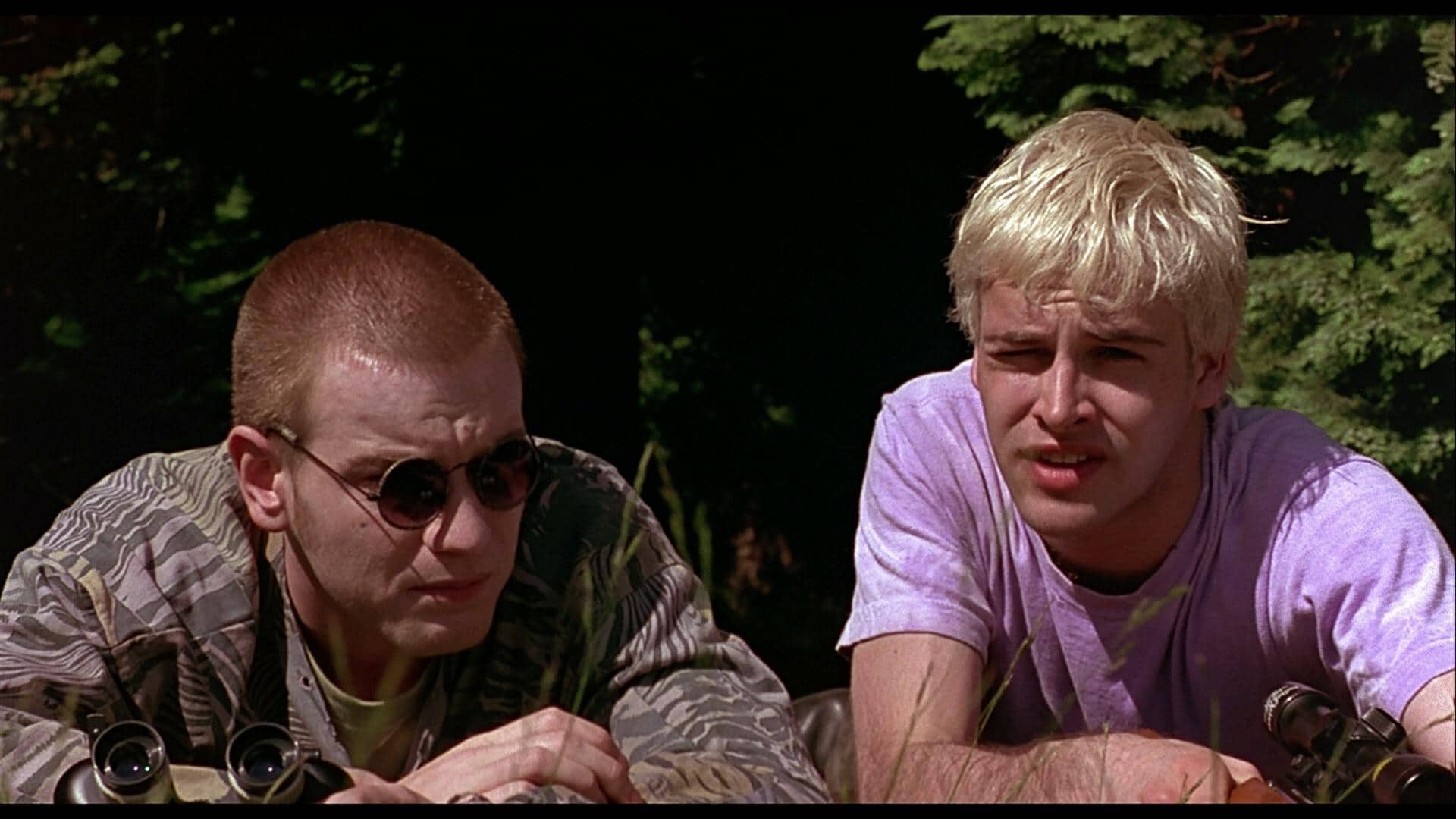




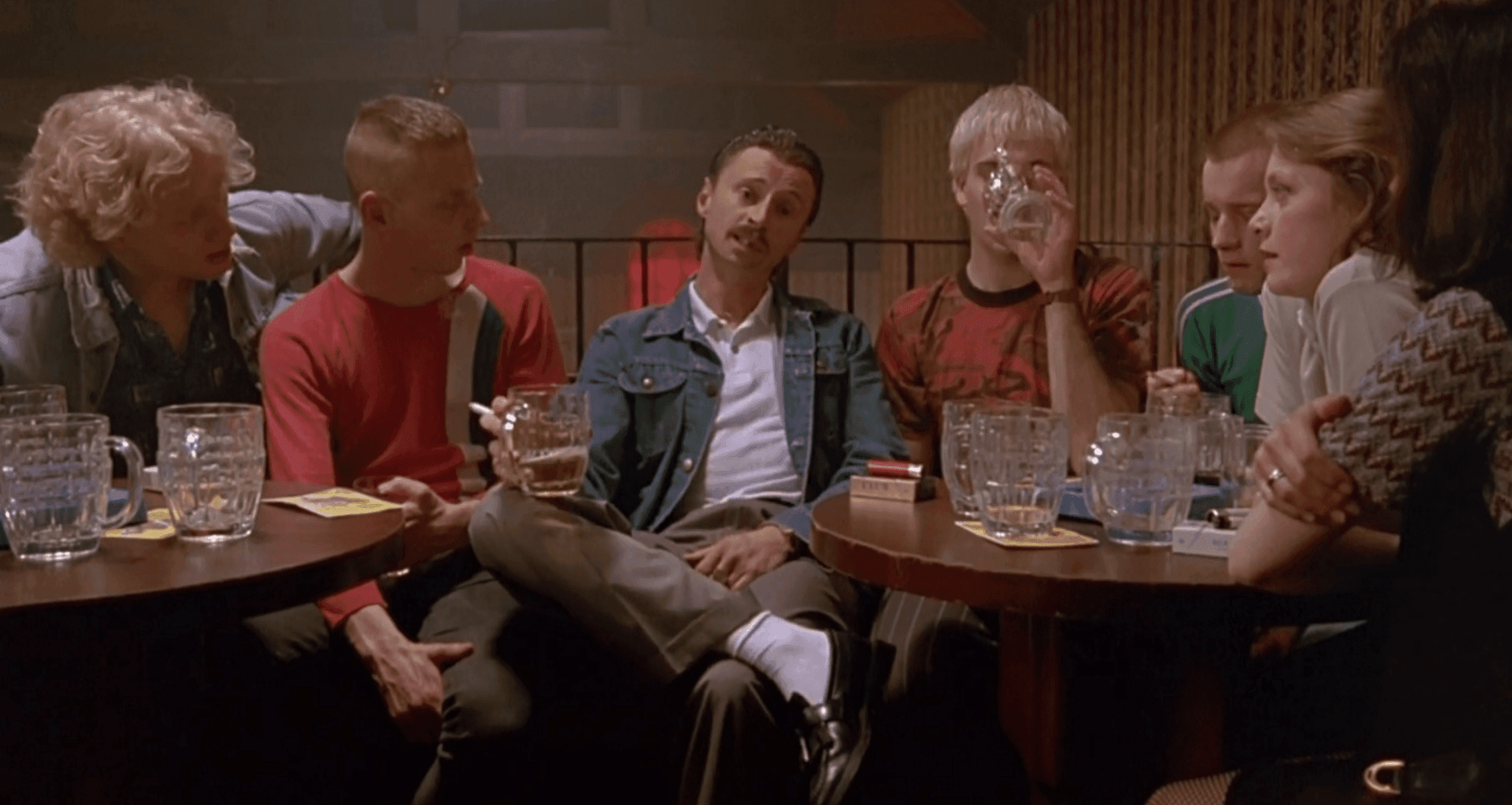
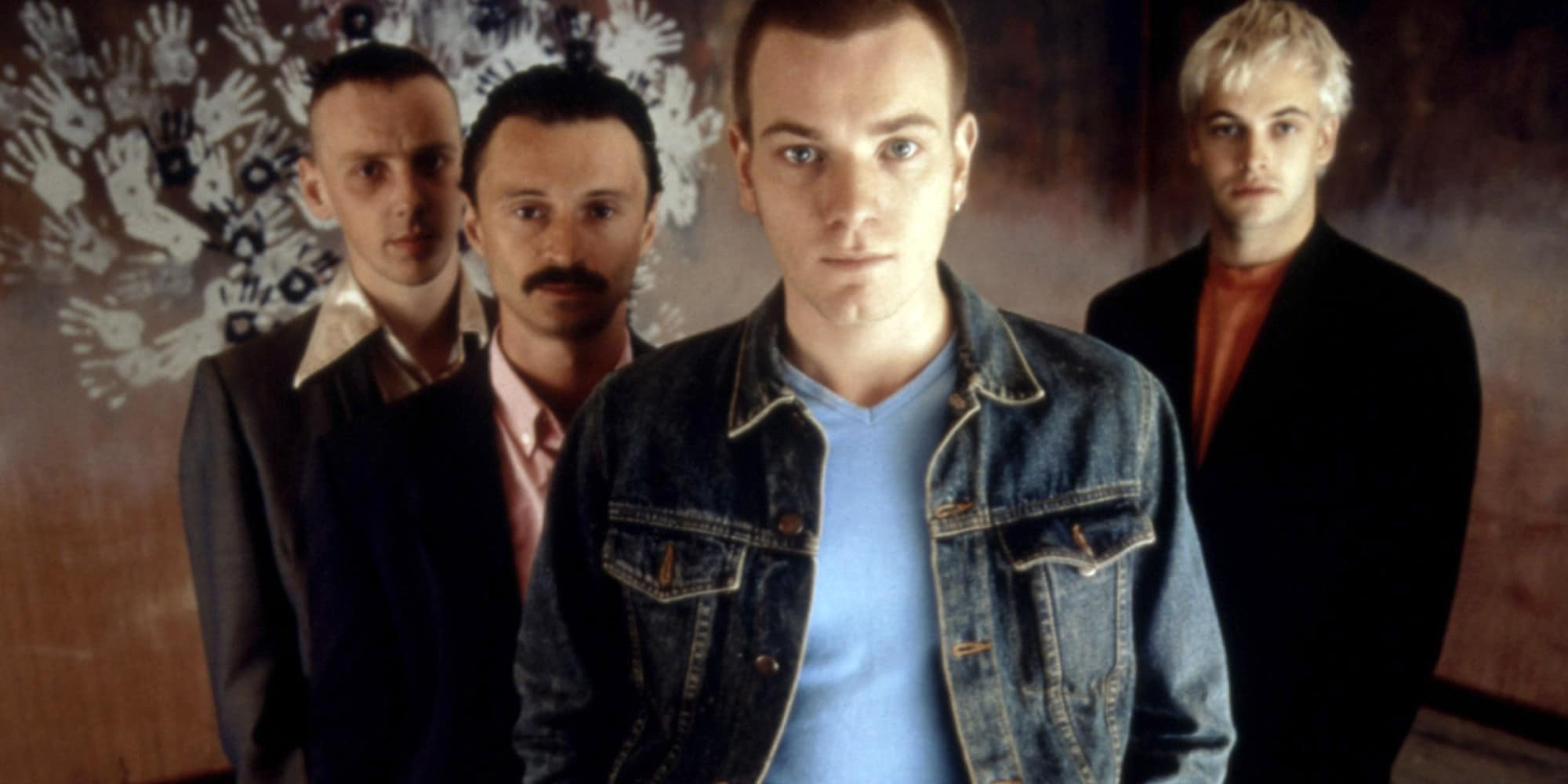
Featured Videos
Official Trailer
Comments
Loading comments...